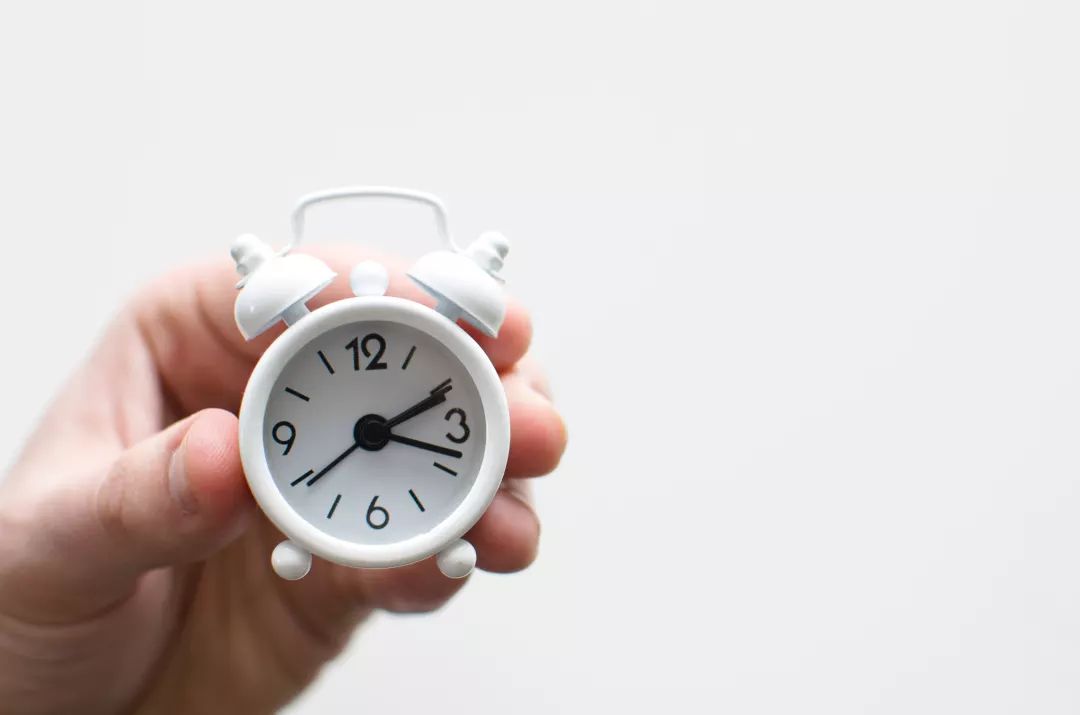2017.17090990.3.
For example, a recently published 11-year follow-up study found that the risk of depression symptoms in those who exercise less than 1 hour per week is 1.25 – 1.5 times higher than those who exercise more than 1 hour per week.
For patients with moderate and severe depression, the help of exercise is relatively limited and can only be used as an auxiliary means.
Some of the following netizens believe it, some don’t.
It can not only improve the mood, but also aggravate the depression.
Taking antidepressants and regular psychiatric outpatient follow-up are still the first recommended treatment methods.
The evidence for the effect of severe depression is not sufficient, and drug treatment is still the first choice.
I also want to try, but I’m not sure it will work.
If you want to improve and prevent depression through running or other sports, you’d better have the supervision and guidance of doctors (such as psychiatry and sports medicine) and sports experts.
This phenomenon exists in individuals of different ages and regions.
doi: 10.1176/appi.
ajp.
2018 Apr25: appiajp201817111194.
ajp.
AmJPsychiatry.
4.
QA&I saw some patients sharing their experiences of curing depression through running on the internet.
doi: 10.1176/appi.
If it can be cured, it’s really good.

Li Lingjiang, Ma Xin, editor-in-chief, Chinese Guide to the Prevention and Treatment of Depression (second edition), Beijing, May 2015, American Psychic Association, Practice guide for the treatment of patients with major expressive order, 2010.
So I want to consult an expert first, can running really cure depression??? Experts say that running, as a form of exercise, can really help improve mood, because our body will release feel-good endorphins and dopamine during exercise; Exercise can also give you real time to empty yourself; If you participate in group sports, such as running groups, you can also strengthen the social support system of patients, which is also one of the important factors to promote the rehabilitation of depression; Exercise can also improve the anxiety symptoms associated with depression (refer to “Joy in sports, happiness in health”).
In addition, the study found that exercise can not only improve depression, but also prevent the onset of depression.
This popular science content is supported by the Shanghai Municipal Science and Technology Commission’s popular science project (project number: 18dz2307700).
Moreover, for individuals, the effects of different exercise methods vary from person to person.
DepressAnxiety.2015; 32(8):624-34.2.
Otherwise, blind exercise without professional guidance can easily strengthen the patient’s self-denial if it can’t be persisted or the effect can’t be seen.
Therefore, the study believes that individuals can prevent depression to a certain extent if they regularly maintain certain intensity of exercise.
SchuchFB, et al.
Source: the green ribbon of Shanghai’s mental health.
.
SimonGetal.ShouldPsychiatristsWritetheExercisePrescriptionforDepression? AmJPsychiatry.2018Jan1; 175 (1): 2-3.
PhysicalActivityandIncidentDepression: AMeta-Analysis of ProspectiveCohortStudies.
Reference 1.
However, it should be pointed out that although there is a lot of evidence that running can improve the mood of patients with depression, it is generally suitable for patients with mild to moderate depression or in the recovery period.
In general, patients with mild depression can improve their anxiety and depression through moderate exercise, but if they feel that the improvement of symptoms after exercise is not obvious, they should seek medical advice in time.
For any individual, it is necessary to formulate a systematic exercise plan and adhere to it for a long time to achieve the goal of improving physical and mental health.
Some people may be suitable for running, while others are not.
2018.17111194.
Moreover, some studies have reported that individuals with high exercise intensity are less likely to suffer from depression.
EnsariI, GreenleeTA, MotlRW, PetruzzleloSJ, Meta-Analysis of ActeExercise Effects on StateAnxiety: AnUpdate of RandomizedControlledTrialsOverthePass25Years.
